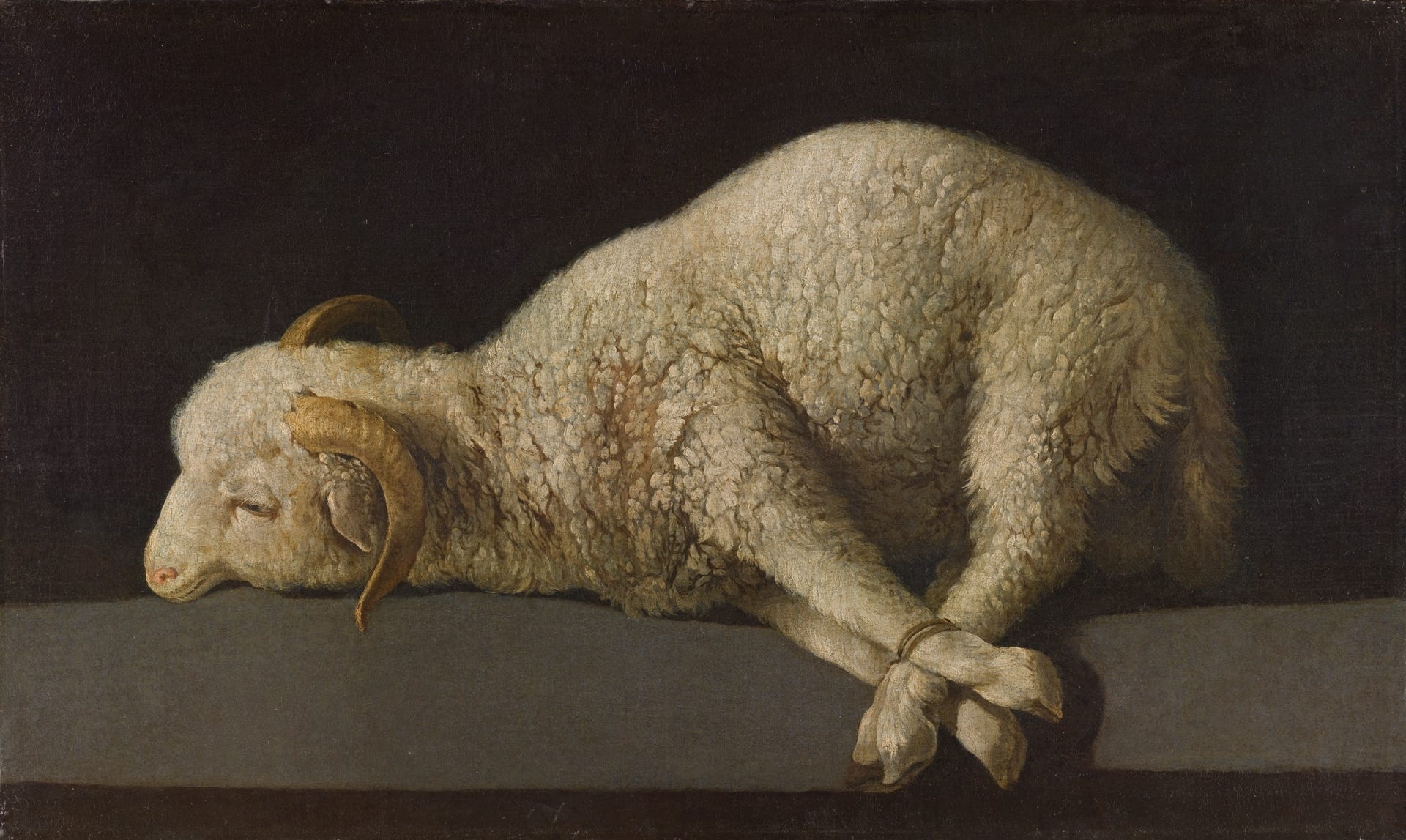
The St. John Passion and St. Matthew Passion by the German composer, Johann Sebastian Bach, are pillars to which any lover of music, and I say this casting the widest possible net, should listen. And today, Good Friday, is the day to do it.
What is a Passion? In this instance, a “passion” refers to the final days of Jesus Christ. The word “passion,” therefore, is used in its original Latin meaning, which is, “to suffer,” or, “to endure.” In the gospels of Matthew, Mark, Luke, and John, these fateful days are retold from their unique perspectives and by the 4th century, passion plays began to be performed during or directly following Holy Week, becoming very significant events in towns large and small throughout central Europe. The most famous of these passion plays still in existence takes place every ten years in the small Bavarian village of Oberammergau. Sadly, this year is only the fourth time since 1634 that it will be cancelled.
According to his obituary in 1754, as well as his son, C.P.E. Bach, Johann Sebastian wrote five passions! While only these two still exist, we are so fortunate to have these monumental choral works to perform and experience.
The St. John Passion was the first of the two to be composed and was premiered in Leipzig’s St. Nicholas Church at the vespers service for Good Friday, April 7, 1724. It is in two parts, with a sermon originally intended to be the centerpiece. It is the shorter of the two extant passions and it known for its beautifully abundant chorales.
An absolutely beautifully filmed performance of St. John Passion is from the esteemed Netherlands Bach Society, filmed in the Grote Kerk, Naarden, on March 11, 2017.
Incorporating the dramatic aspect of the passion play, the progressive and humanistic American stage director, Peter Sellars, created very elemental semi-staged version of the two Bach passions with Sir Simon Rattle conducting the Berlin Philarmonic. Here is their powerful St. John Passion.
Bach’s St. Matthew Passion was premiered on April 11, 1727, in Leipzig’s St. Thomas Church. It is the more famous of the two and considerably longer, using a double chorus rather than one. While the St. John Passion is often considered a more dramatic interpretation of the text, the overall scope and content of the St. Matthew Passion make it one of the monumental works of sacred music.
One of the most important interpreters of Bach’s music is the Belgian conductor, Philippe Herreweghe. I am always so humbled watching him conduct and this video perfectly captures his mastery and conviction.
Another very important performance comes from 1994, with the leading voices of the early music movement gloriously represented. Stephen Cleobury is conducting The Choir of King’s College Cambridge and The Brandenburg Consort.
My recording is with Nikolaus Harnoncourt conducting Concentus Musicus Wien.
The Netherlands Bach Society also provides a beautiful an incredibly filmed and performed St.Matthew Passion.
And Peter Sellars’ semi-staged St. Matthew Passion with Rattle and the Berlin Philharmonic from 2010 remains one of the most powerful performances ever conceived of this masterpiece.
